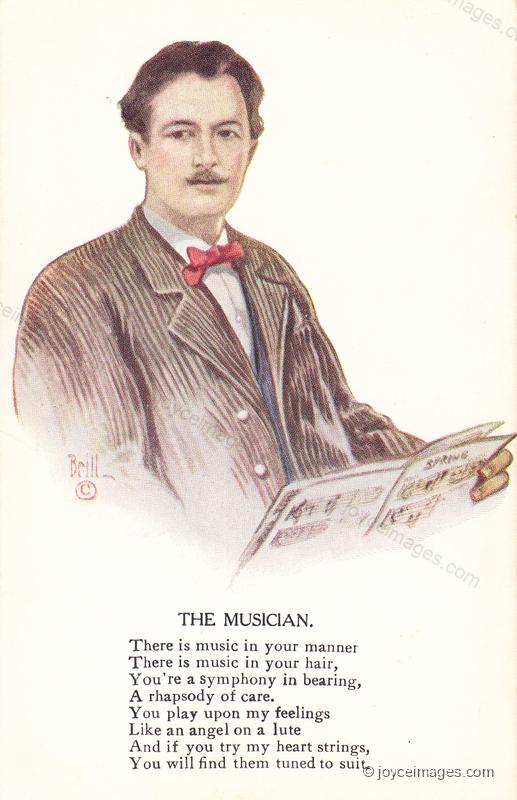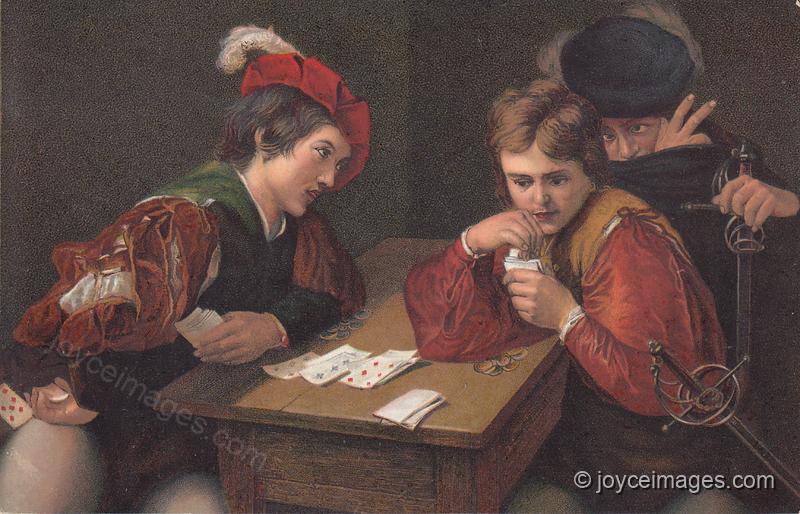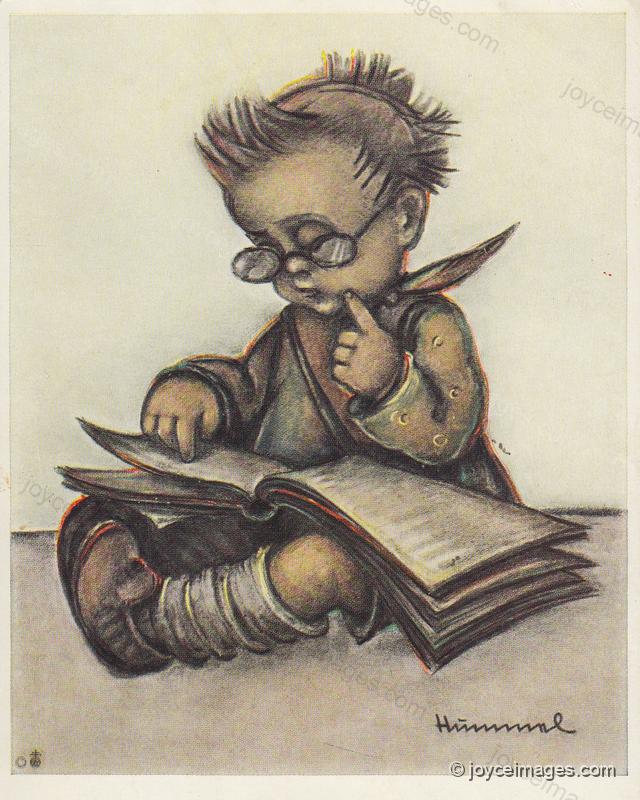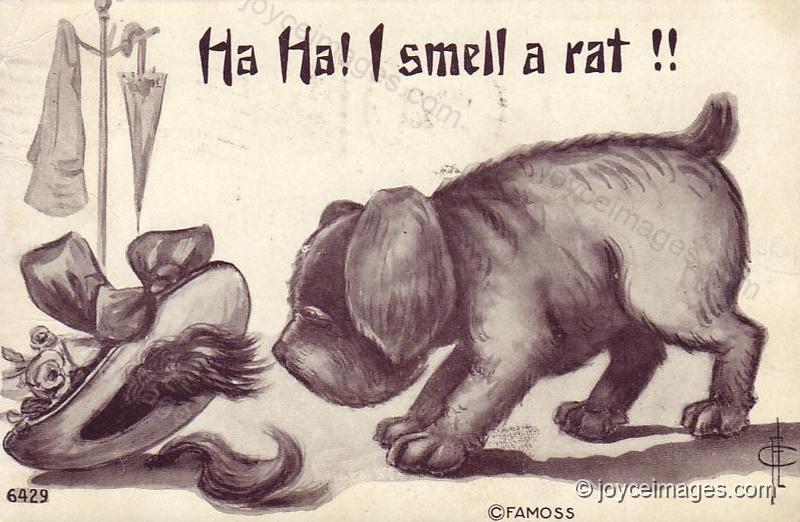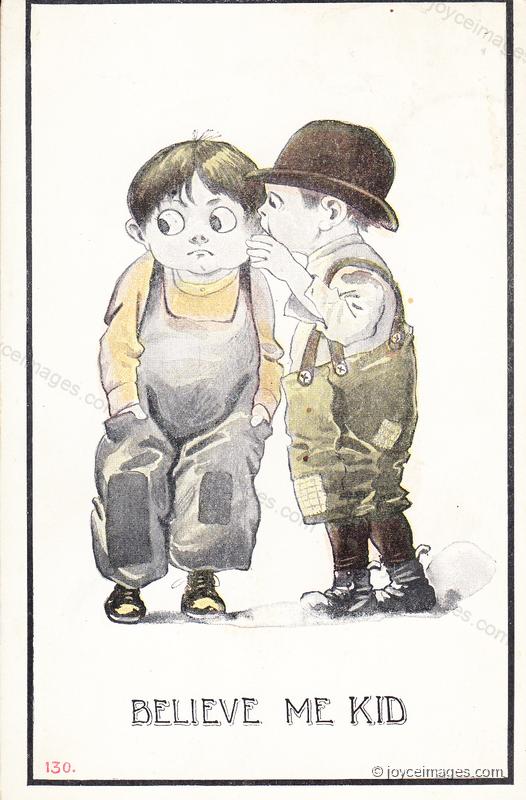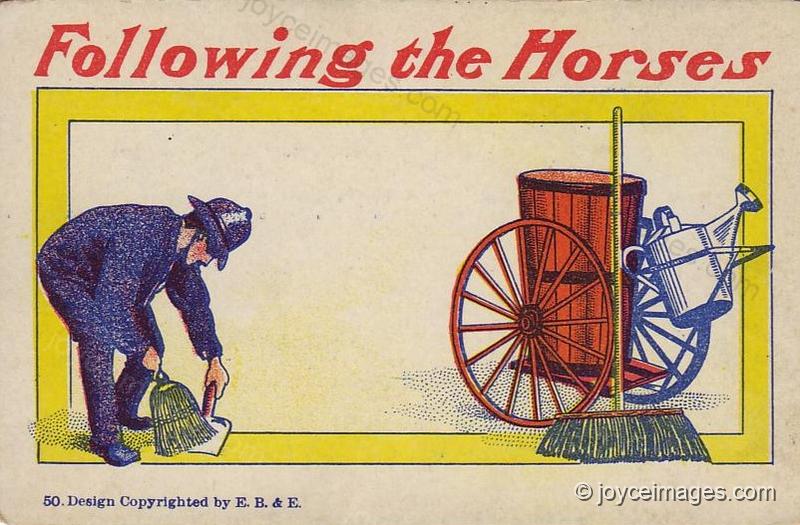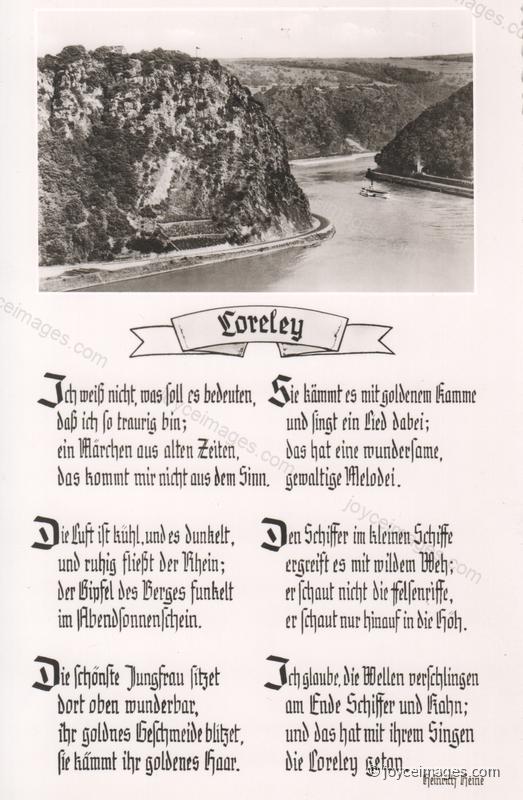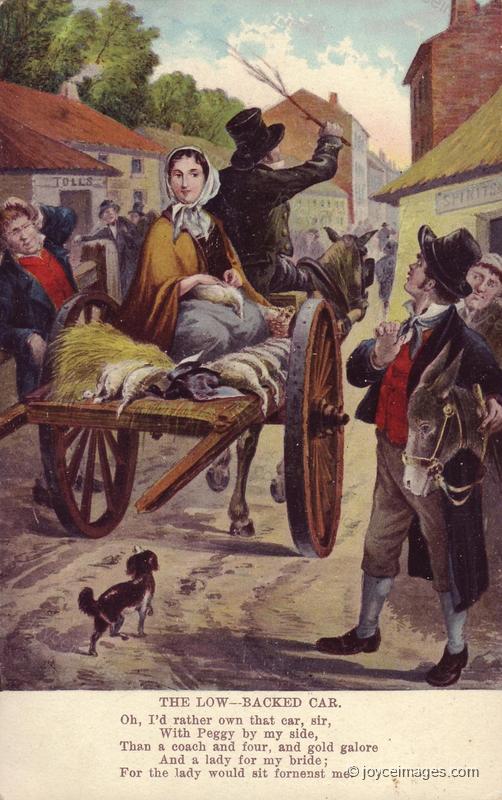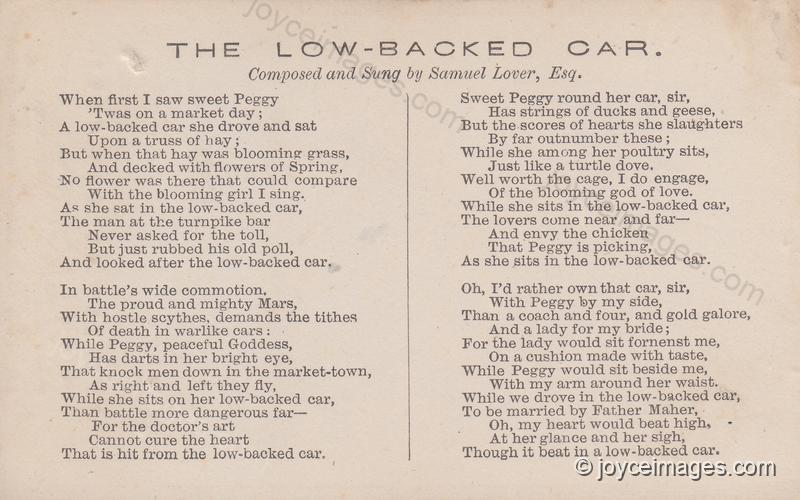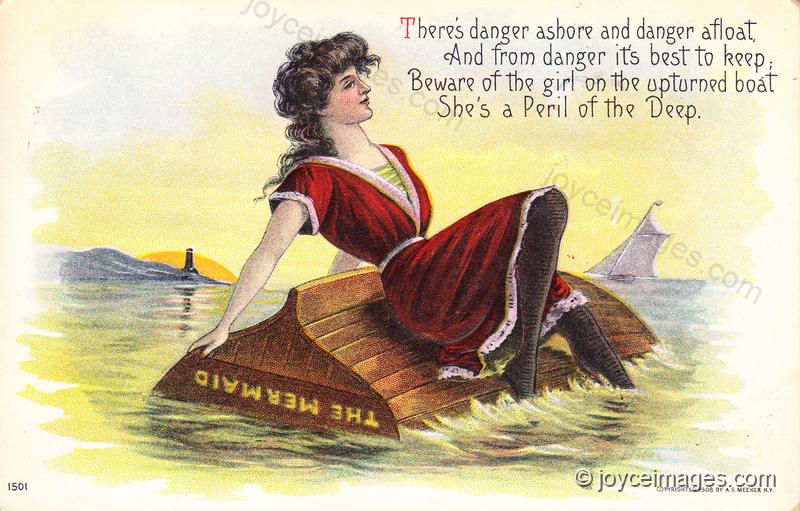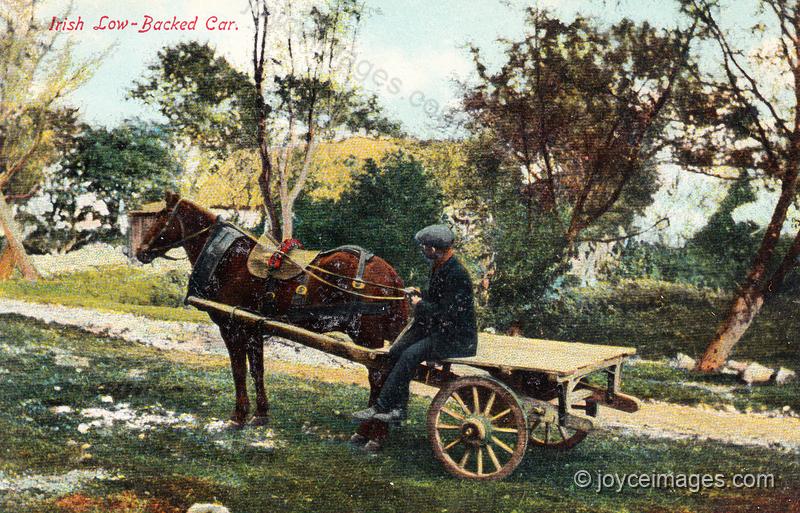"Besides, though taste latterly had deteriorated to a degree, original music like that, different from the conventional rut, would rapidly have a great vogue as it would be a decided novelty for Dublin's musical world after the usual hackneyed run of catchy tenor solos foisted on a confiding public by Ivan St Austell and Hilton St Just and their genus omne." (U16.1847)
"Yes, beyond a shadow of a doubt he could with all the cards in his hand and he had a capital opening to make a name for himself and win a high place in the city's esteem where he could command a stiff figure and, booking ahead, give a grand concert for the patrons of the King street house, given a backerup, if one were forthcoming to kick him upstairs, so to speak, a big if however, with some impetus of the goahead sort to obviate the inevitable procrastination which often tripped -up a too much feted prince of good fellows." (U16.1852)
"And it need not detract from the other by one iota as, being his own master, he would have heaps of time to practise literature in his spare moments when desirous of so doing without its clashing with his vocal career or containing anything derogatory whatsoever as it was a matter for himself alone. " (U16.1859)
"In fact, he had the ball at his feet and that was the very reason why the other, possessed of a remarkably sharp nose for smelling a rat of any sort, hung on to him at all.
The horse was just then." (U16.1863)
The horse was just then." (U16.1863)
"And later on at a propitious opportunity he purposed (Bloom did), without anyway prying into his private affairs on the fools step in where angels principle, advising him to sever his connection with a certain budding practitioner who, he noticed, was prone to disparage and even to a slight extent with some hilarious pretext when not present, deprecate him, or whatever you like to call it which in Bloom's humble opinion threw a nasty sidelight on that side of a person's character, no pun intended." (U16.1866)
"The horse, having reached the end of his tether, so to speak, halted, and, rearing high a proud feathering tail, added his quota by letting fall on the floor, which the brush would soon brush up and polish, three smoking globes of turds. Slowly, three times, one after another, from a full crupper, he mired. And humanely his driver waited till he (or she) had ended, patient in his scythed car." (U16.1874)
"Side by side Bloom, profiting by the contretemps, with Stephen passed through the gap of the chains, divided by the upright, and, stepping over a strand of mire, went across towards Gardiner street lower, Stephen singing more boldly, but not loudly, the end of the ballad.
Und alle Schiffe brücken.
The driver never said a word, good, bad or indifferent, " (U16.1880)
Und alle Schiffe brücken.
The driver never said a word, good, bad or indifferent, " (U16.1880)
"but merely watched the two figures, as he sat on his lowbacked car, both black, one full, one lean, walk towards the railway bridge," (U16.1885)
"to be married by Father Maher." (U16.1887)
'The Low-Backed Car' is a song written in 1846 by Samuel Lover (1797 - 1868). The tune is said to be a variant of the English folksong 'The Jolly Ploughboy.
'The Low-Backed Car' is a song written in 1846 by Samuel Lover (1797 - 1868). The tune is said to be a variant of the English folksong 'The Jolly Ploughboy.
"As they walked they at times stopped and walked again continuing their tête à tête (which, of course, he was utterly out of) about sirens enemies of man's reason, mingled with a number of other topics of the same category, usurpers, historical cases of the kind while the man in the sweeper car or you might as well call it in the sleeper car who in any case couldn't possibly hear" (U16.1888)
